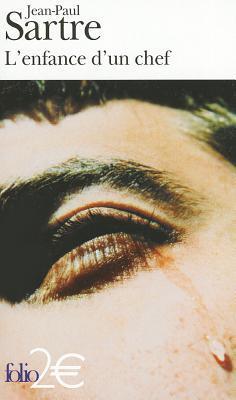What do you think?
Rate this book


144 pages, Mass Market Paperback
First published January 1, 1939
"Sometimes he missed his complexes: they had been solid, heavy, their enormous sombre mass had balanced him. Now it was finished, Lucien no longer believed in it and he felt terribly unstable. Though it was not so unpleasant, it was rather a sort of very tolerable disenchantment, a little upsetting, which could, if necessary pass for ennui "I am nothing, "he thought, "but it's because nothing has soiled me. Berliac was soiled and caught. I can stand a little uncertainty: it's the price of purity."